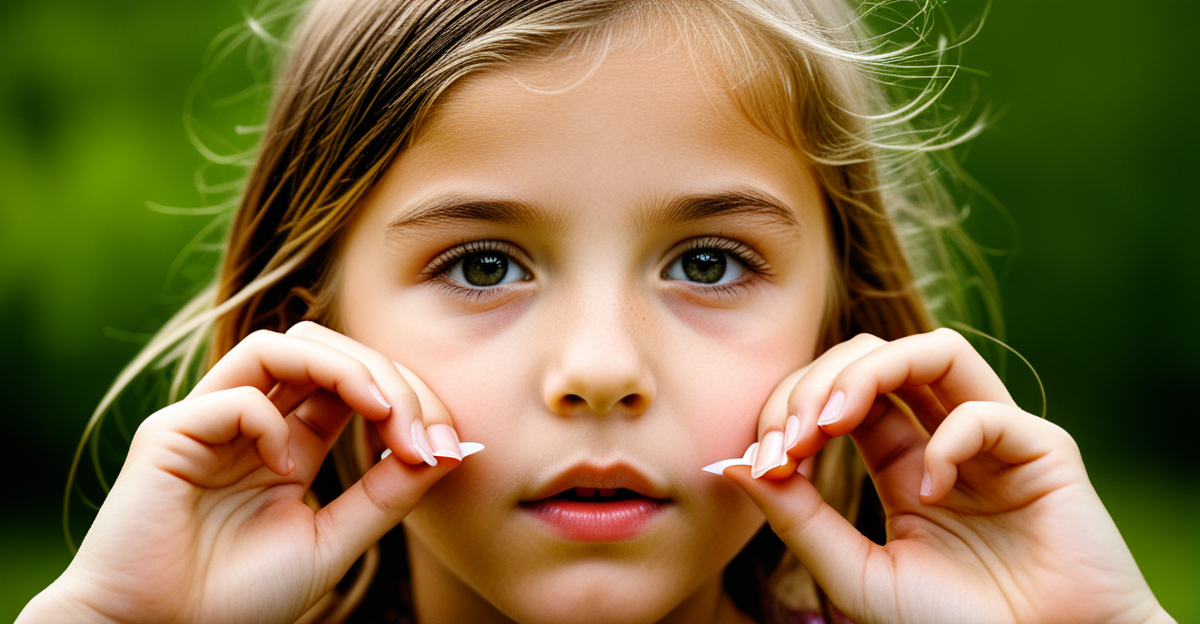How Nature-Based Adventures Support Kids with ADHD
Scientific studies consistently highlight the science-backed benefits of nature on reducing ADHD symptoms. Research shows that regular exposure to green spaces and natural environments can enhance attention spans, diminish impulsivity, and lower hyperactivity. For example, children experiencing nature therapy for ADHD often demonstrate improved concentration and calmer behavior after spending time outdoors. Experts agree that outdoor environments serve as effective ADHD solutions by engaging multiple senses and providing structured yet flexible settings.
Psychologically, immersive nature experiences stimulate relaxation and reduce stress, which are key triggers of ADHD-related difficulties. Physiologically, activities like walking or exploring forests increase oxygen intake and promote neural regulation, further aiding symptom management. These outdoor ADHD solutions create an atmosphere encouraging mindfulness and self-regulation.
In parallel : Revolutionizing type 2 diabetes care: how bariatric surgery is making a difference
The interplay between natural surroundings and brain function supports the growing recommendation of integrating nature therapy for ADHD in daily routines. Parents and caregivers observing their children engage with natural settings often notice an uplift in mood and better emotional stability. In essence, nature offers a holistic and accessible avenue for supporting kids with ADHD, combining enjoyable experiences with scientifically validated outcomes.
How Nature-Based Adventures Support Kids with ADHD
Nature therapy for ADHD offers science-backed benefits of nature that extend beyond mere relaxation. Scientific findings reveal that consistent interaction with natural environments significantly reduces ADHD symptoms by improving attention and decreasing hyperactive behaviors. Experts emphasize that outdoor ADHD solutions harness the brain’s natural affinity for green spaces, which helps regulate emotions and cognitive control.
In parallel : Innovative approaches for boosting medication compliance in seniors with complex prescriptions
Psychologically, nature encourages sensory engagement and mindfulness, aiding children in developing better focus. Physiologically, exposure to fresh air and sunlight promotes neural regulation and balances neurotransmitters linked to attention processes. Outdoor environments also provide varied stimuli that challenge the brain in adaptive ways, fostering improved self-regulation.
Moreover, outdoor ADHD solutions align with observed benefits in structured yet flexible settings, where children feel both stimulated and calm. For example, time spent in parks or forests supports executive functioning, which is often impaired in kids with ADHD. Thus, nature therapy for ADHD is a multidimensional approach—offering scientifically validated improvements while creating enjoyable, accessible experiences that nurture a child’s overall well-being.
How Nature-Based Adventures Support Kids with ADHD
Scientific research firmly supports that nature therapy for ADHD significantly reduces core symptoms through consistent engagement with outdoor environments. Studies reveal that spending time in natural settings enhances focus and diminishes impulsivity by activating brain regions responsible for attention regulation. Experts observe that these outdoor ADHD solutions offer a sensory-rich but calming context, which helps children better manage distractibility and hyperactivity.
Psychologically, nature fosters mindfulness by encouraging deep sensory involvement—such as hearing birdsong or feeling the breeze—that quietens an overactive mind. This emotional grounding helps improve mood and decreases anxiety, common co-occurring challenges in kids with ADHD. Physiologically, exposure to sunlight stimulates vitamin D synthesis and balances neurotransmitters involved in executive function. Additionally, physical activity outdoors increases oxygen flow to the brain, supporting neural regulation and cognitive performance.
Together, these science-backed benefits of nature demonstrate a holistic approach. Nature therapy equips children with ADHD not only to sharpen attention but also to experience meaningful improvements in self-regulation and behavioural control, making it a powerful, accessible strategy for parents and educators alike.
How Nature-Based Adventures Support Kids with ADHD
Extensive research confirms that nature therapy for ADHD plays a critical role in reducing symptoms by engaging children with sensory-rich outdoor environments. Scientific studies reveal that spending time in green spaces improves executive function and reduces impulsivity, two major challenges for kids with ADHD. Experts emphasize that outdoor ADHD solutions leverage the brain’s affinity for natural stimuli, facilitating enhanced focus and behavioural regulation.
The science-backed benefits of nature include psychological improvements such as lowered stress levels and increased mindfulness. Being in nature encourages children to immerse themselves in calming sensory experiences—like the rustle of leaves or sunlight filtering through trees—which promotes emotional stability and reduces anxiety. Physiologically, exposure to fresh air and natural light supports neurological balance by regulating neurotransmitters linked to attention and mood, while physical activity outdoors boosts oxygen flow to the brain.
These elements combine to create an optimal setting for self-regulation. Through regular nature therapy for ADHD, children develop stronger focus and improved emotional control, making outdoor ADHD solutions a valuable, evidence-based approach for managing ADHD symptoms effectively.







